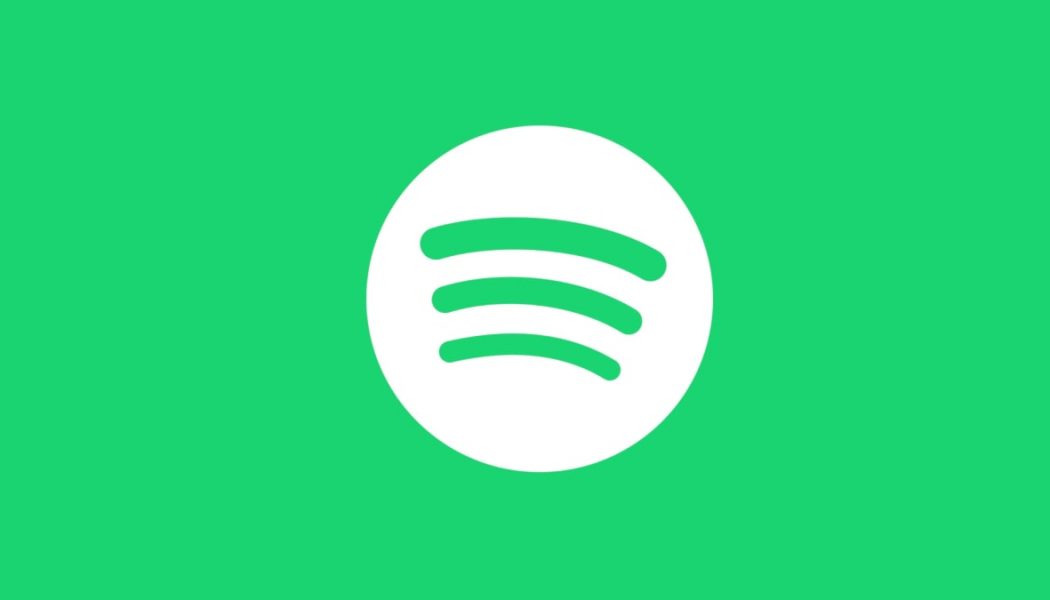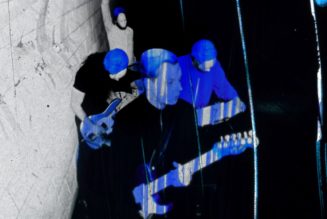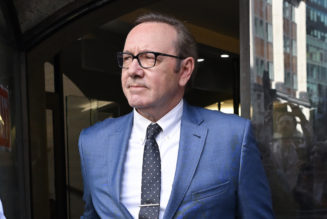
Underground artists and producers have found somewhat of a loophole that allows them to post their unofficial works to Spotify. Rather than following the normal uploading process—which has many measures in place to detect copyright infringement and derivative works—users are now taking their bootlegs to Spotify’s Podcasts feature.
While YouTube and SoundCloud are rife with bootleg remixes and mashups by bedroom producers, Spotify has always been strict about uploading unofficial content to the platform. Unofficial mashups, remixes and bootlegs have now started to slide under the radar via Spotify’s Podcast feature. With the Podcasts loophole—and some clever keyword nomenclature for the unofficial works, such as “chopped and screwed” or “slowed and reverbed”—underground artists have managed to find a workaround that ensures the derivative works go virtually undetected.
Unofficial tracks are almost exclusively uploaded as Podcast episodes, but apart from that, nothing else about these works actually fits the bill for a typical Podcast. While Spotify addresses this workaround in its Spotify for Podcasters user agreement, citing that the platform “is not intended to be a music distribution tool,” bootleggers have managed to circumvent it for some time now.
“We take intellectual property infringement extremely seriously,” said a Spotify representative in a statement to Variety. “Spotify has multiple detection measures in place monitoring abuse on the service to detect, investigate and deal with such activity. We are continuing to invest heavily in refining those processes and improving methods of detection and removal, and reducing the impact of this unacceptable activity on legitimate creators, rights holders and our users.”
Copyright infringement, of course, remains a major issue for those looking to upload derivative works to Spotify. Real litigation under United States copyright laws could be served against anyone uploading unofficial reworks to the platform, should the works exist without prior consent from the rights holders.
Many managers and copyright holders have found removal of derivative works from streaming platforms like Spotify to be virtually impossible. Title II of the Digital Millennium Copyright Act (DMCA) ensures that digital streaming platforms (DSPs) cannot be held responsible for hosting the works should the platform remove them after receiving a DMCA takedown notice. Plausible deniability is given to the DSPs until the copyright violation takedown request is issued.
For now, Spotify will continue to remove derivative works as normal, but detection of the works on the Podcasts hub remains difficult as the platform develops new strategies for this loophole.
Source: Variety










